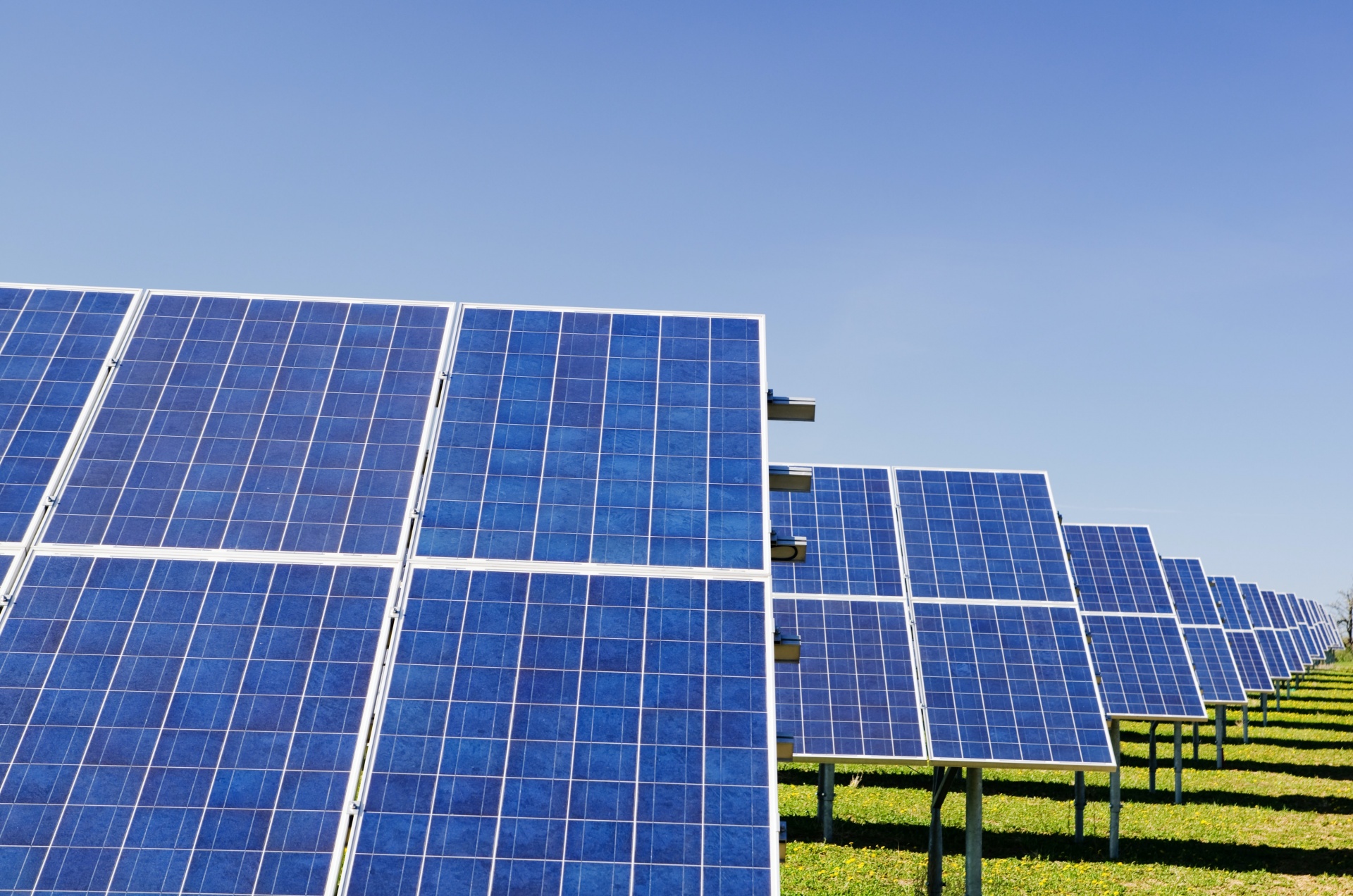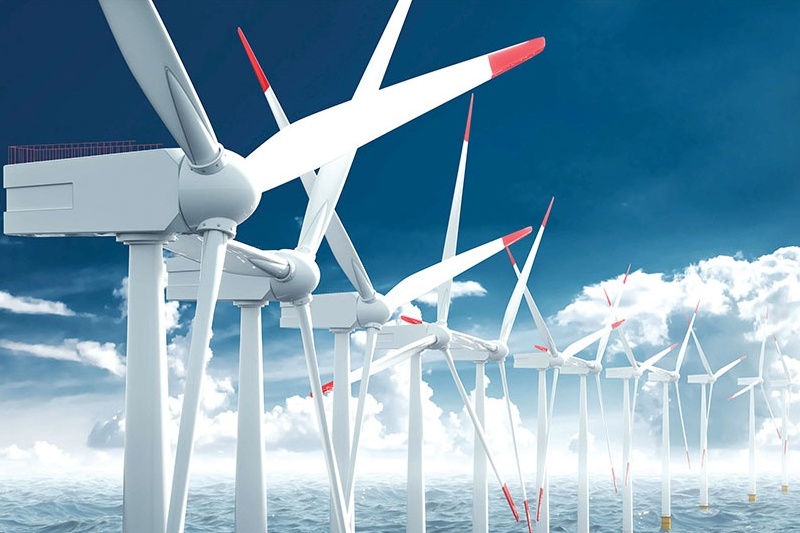Vietnam to explore direct power purchase agreements in renewable sector
 |
Vietnam's Prime Minister Pham Minh Chinh has just unveiled plans to embark on a groundbreaking initiative that involves piloting and advancing the development of a direct power purchase agreement (DPPA) framework between renewable energy producers and consumers in Vietnam.
During a meeting held on May 19 with Fujimoto Masayoshi, CEO of Sojitz Corporation, on the sidelines of the expanded G7 Summit in Japan, discussions revolved around the potential for expanding investments in Vietnam's industrial parks and renewable energy sectors.
Masayoshi emphasised Sojitz's keen interest in exploring opportunities for broader investments in these domains.
A growing number of prominent Japanese businesses are actively considering expanding their production capacities in Vietnam or relocating their manufacturing operations to the country.
Masayoshi proposed that Vietnam should expedite the implementation of a DPPA mechanism, enabling industrial plants to actively participate it. Such a move would foster a more competitive landscape in Vietnam's energy sector.
Prime Minister Chinh echoed these sentiments, highlighting the recent issuance of Power Development Plan VIII, which underscores a strategic focus on the advancement of renewable energy sources.
This plan serves as a crucial foundation for executing projects pertaining to power generation and grid infrastructure.
Building on this framework, Vietnam is poised to embark on a pilot phase aimed at establishing a robust DDPA mechanism between renewable energy producers and electricity consumers.
This progressive initiative will be accompanied by the amendment of the Electricity Law and the phased implementation of a competitive market framework across Vietnam.
Notably, the draft proposal for piloting DDPA was previously introduced by the Ministry of Industry and Trade, presenting an initial pilot capacity of 1,000 MW.
During this earlier phase, esteemed industry players such as Samsung expressed their eagerness to participate in the mechanism.
According to the ministry's draft, buyers and sellers will engage in negotiations and reach agreements for direct power purchases from solar and wind power plants through fixed-price contracts.
The ensuing electricity trading will be conducted through a spot electricity market, functioning in strict accordance with the competitive wholesale electricity market regulations set forth by the Ministry of Industry and Trade.
Previously, Gabor Fluit, chairman of the European Chamber of Commerce in Vietnam, said, "Vietnam should also establish a DPPA to incentivise renewable energy companies, particularly allowing industrial parks plants to participate in such agreements. We propose creating stronger conditions for plants that require renewable energy to comply with EU regulations.”
This significant initiative spearheaded by Prime Minister Chinh and supported by key industry players marks a significant step towards fostering a robust renewable energy sector and achieving sustainable power generation nationwide.
Vietnam, with its abundant renewable energy potential, offers a fertile ground for the development of renewable energy projects. The country's favourable geographical location and diverse renewable resources, including solar, wind, and hydroelectric power, present a promising landscape for clean energy investments.
An increasing number of domestic and international companies are entering the Vietnamese renewable energy sector, driven by the potential for significant growth and the increasing demand for energy, such as BCG Energy.
 | PDP8 officially authorised: 2050 approach The objective of the Power Development Plan VIII (PDP8) is to aggressively develop renewable energy sources for electricity generation. By 2050, the proportion of renewable energy is projected to have reached 67.7-71.5 per cent. |
 | BCG Energy secures $31.5 million syndicated loan package BCG - SP Solar 1, a joint venture between SP Group (Singapore) and BCG Energy (Vietnam), has just secured a disbursement of $31.5 million in a total credit line of up to $50 million from a consortium of foreign financial institutions. |
What the stars mean:
★ Poor ★ ★ Promising ★★★ Good ★★★★ Very good ★★★★★ Exceptional
Related Contents
Latest News
More News
- $100 million initiative launched to protect forests and boost rural incomes (January 30, 2026 | 15:18)
- Trung Nam-Sideros River consortium wins bid for LNG venture (January 30, 2026 | 11:16)
- Vietnam moves towards market-based fuel management with E10 rollout (January 30, 2026 | 11:10)
- Envision Energy, REE Group partner on 128MW wind projects (January 30, 2026 | 10:58)
- Vingroup consults on carbon credits for electric vehicle charging network (January 28, 2026 | 11:04)
- Bac Ai Pumped Storage Hydropower Plant to enter peak construction phase (January 27, 2026 | 08:00)
- ASEAN could scale up sustainable aviation fuel by 2050 (January 24, 2026 | 10:19)
- 64,000 hectares of sea allocated for offshore wind surveys (January 22, 2026 | 20:23)
- EVN secures financing for Quang Trach II LNG power plant (January 17, 2026 | 15:55)
- PC1 teams up with DENZAI on regional wind projects (January 16, 2026 | 21:18)

 Tag:
Tag:



















 Mobile Version
Mobile Version